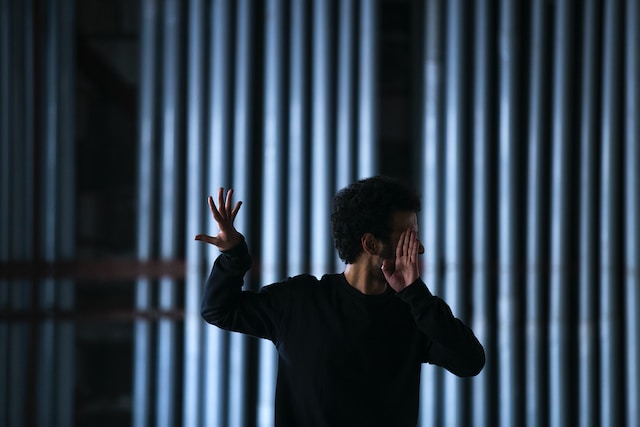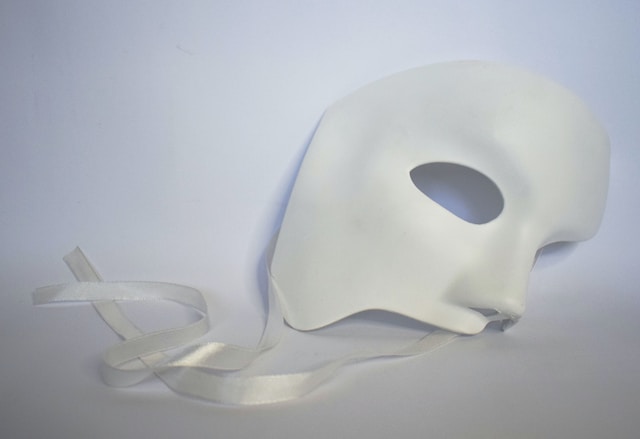Tragedy focuses on the downfall or suffering of the protagonist due to a fatal flaw or external circumstances. Drama encompasses a broader range of narratives that explore conflicts and relationships among characters.
Tragedy

Tragedy is a genre that has been captivating audiences for centuries with its ability to delve into the darkest depths of human emotion. It often portrays the downfall or suffering of a protagonist who is faced with overwhelming circumstances.
One characteristic of tragedy is its exploration of universal themes. From love and betrayal to power struggles and moral dilemmas, tragedies tackle fundamental aspects of the human condition. These stories force us to confront our own vulnerabilities and question our beliefs.
Tragedy typically follows a structured plot known as “The Five Act Structure.” This framework includes an exposition where characters and their conflicts are introduced, followed by rising action leading up to a climactic moment, falling action that explores the consequences, and finally resolution or catastrophe in which the story reaches its tragic end.
Drama

Drama is a genre that has been part of human storytelling for centuries. But drama encompasses a broader range of themes and emotions. It can be light-hearted or serious, comedic or suspenseful.
One key characteristic of drama is its focus on conflict. Whether it’s internal struggles within characters or external clashes between individuals or groups, conflict drives the narrative forward and creates tension.
Another important aspect of drama is character development. Characters in dramatic works undergo growth and transformation as they navigate through various challenges and obstacles. This allows audiences to connect with them on a deeper level and become emotionally invested in their journeys.
Drama also often explores social issues and reflects societal norms and values. It can tackle topics such as love, family dynamics, power struggles, injustice, discrimination, and more.
Tragedy Vs. Drama – Key differences
Tragedy:
- Focuses on the downfall and suffering of the protagonist.
- Has a serious and somber tone, often evoking emotions like pity and fear.
- Typically ends in a catastrophic or fatal outcome for the main character(s).
- Explores themes of fate, human suffering, and the consequences of actions.
- Follows a specific narrative structure, such as Aristotle’s concept of a tragic arc.
Drama:
- Encompasses a broader range of storytelling and conflicts.
- Can have varying tones, from serious and introspective to comedic and lighthearted.
- Does not have a predetermined outcome and can have multiple possible resolutions.
- Covers a wide range of themes and subjects, depending on the specific play or story.
- Does not have a specific prescribed structure and allows for more flexibility in storytelling techniques.
Characteristics of a tragedy and drama
| Characteristic | Tragedy | Drama |
|---|---|---|
| Plot | Focuses on a protagonist's downfall | Explores various conflicts and situations |
| Tone | Serious and often ends in sorrow or death | Can vary from serious to comedic, depending on the specific play or story |
| Theme | Deals with human suffering and fate | Explores a wide range of themes and subjects |
| Emotional Impact | Evokes strong emotions like pity and fear | Aims to engage and elicit emotional responses |
| Resolution | Typically ends in the protagonist's demise | Can have multiple outcomes and resolutions |
| Structure | Follows a specific tragic arc or pattern | Structure can vary depending on the story or play |
| Characters | Often features characters of high status | Can include characters from various social backgrounds and roles |
| Moral or Philosophical Questions | Raises questions about human existence and morality | Explores societal, personal, and moral dilemmas |
Image Credits
Featured Image By – Tamara Gak on Unsplash
Image 1 By – Annie Gavin on Unsplash
Image 2 By – mostafa meraji on Unsplash








